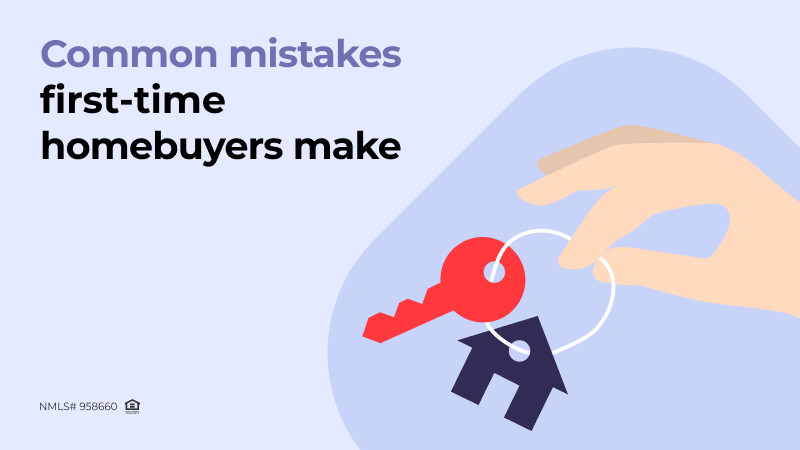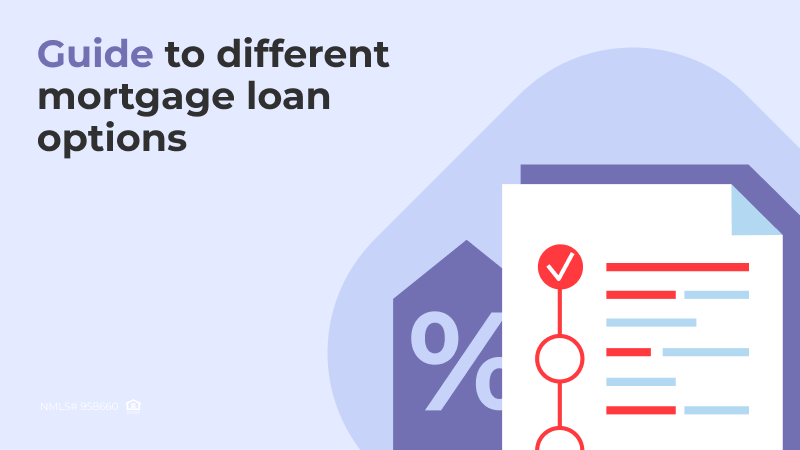Introduction: The journey to homeownership involves not only finding your dream home but also understanding the various components that contribute to your monthly mortgage payment. Beyond the principal and interest, property taxes and insurance are crucial factors that can significantly influence your financial commitments. In this comprehensive guide, we’ll delve into how property taxes and insurance affect your monthly mortgage payment, ensuring you’re well-prepared for this important aspect of homeownership.
Property Taxes: Understanding the Basics:
- What Are Property Taxes? Property taxes are fees levied by local governments to fund essential services like schools, public safety, infrastructure, and more. The amount you pay is determined by the assessed value of your property and the tax rate set by your local jurisdiction.
- Escrow Accounts: Lenders often require homeowners to establish an escrow account to cover property taxes. This account acts as a buffer to ensure that your tax bills are paid on time. A portion of your monthly mortgage payment goes into this account, and your lender disburses the property tax payments on your behalf.
- Potential Variations: Property tax rates can vary significantly depending on your location. It’s crucial to research the tax rates in your desired area to accurately estimate your monthly payment.
Insurance: Protecting Your Investment:
- Homeowner’s Insurance: Homeowner’s insurance is a type of coverage that protects your home and personal belongings from damage or loss due to covered perils like fire, theft, or natural disasters. Lenders generally require you to have homeowner’s insurance to secure a mortgage.
- Private Mortgage Insurance (PMI): If your down payment is less than 20% of the home’s value, you might need to pay PMI, a type of insurance that protects the lender in case you default on the loan. PMI is an additional cost that’s often included in your monthly mortgage payment.
The Impact on Your Monthly Mortgage Payment:
- Escrow Payments: Your monthly mortgage payment includes the principal and interest on the loan, as well as the property taxes and insurance payments held in escrow. The lender manages the escrow account and makes the necessary tax and insurance payments on your behalf.
- Escrow Analysis: Lenders conduct periodic escrow analyses to ensure that the correct amount is being collected to cover your property taxes and insurance. If there’s a shortage, your monthly payment might increase to cover the deficit. Conversely, if there’s an overage, you might receive a refund or a reduction in your monthly payment.
- Potential Fluctuations: Property taxes and insurance costs can change over time due to factors like local tax rate adjustments or changes in insurance coverage. These fluctuations can impact your monthly mortgage payment, which is why lenders conduct regular escrow analyses.
Conclusion: Understanding the role of property taxes and insurance in your monthly mortgage payment is essential for successful homeownership. These components ensure that your property is protected and that essential local services are funded. By grasping how property taxes and insurance influence your financial commitments, you can confidently budget for your mortgage payments and enjoy the benefits of owning a home while safeguarding your investment.



